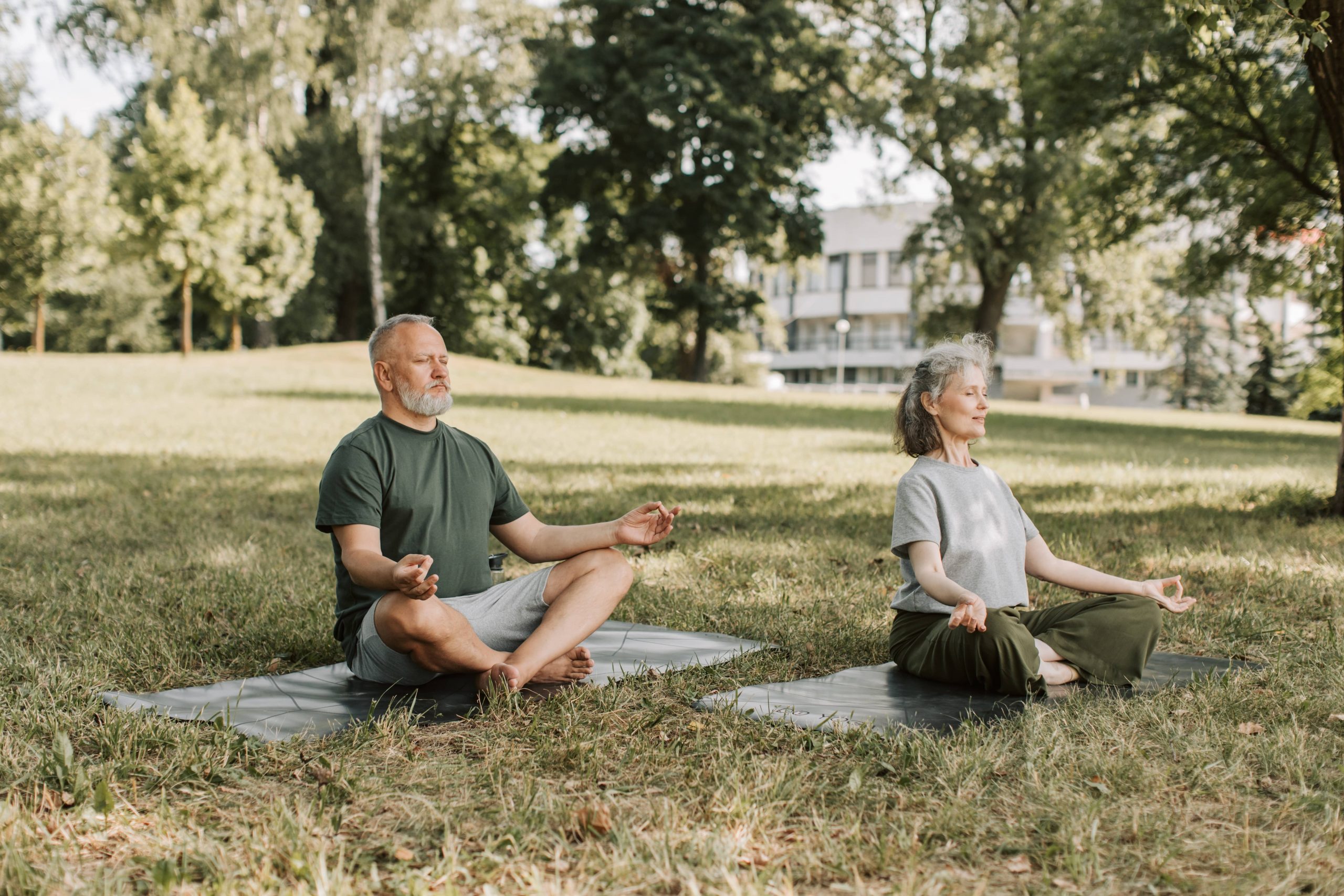4 Essential CBT-Based Skills For Coping With Anxiety

4 Essential CBT-Based Skills For Coping With Anxiety
If you are human, you have experienced some anxiety in your life. This is by design; anxious feelings are our instinctual physical response of warning, to keep us safe from danger. It is an evolutionary development that kept our ancestors from getting too close to predatory animals or other physical dangers.
While occasional anxiety, about health, money, or relationships, for example, is considered normal and can serve an important purpose, many people have anxiety disorders, or anxiety that gets worse or doesn’t go away – and interferes with daily functioning. Roughly 40 million people or 19% of adults and 31% of adolescents in the United States have an anxiety disorder. It’s the most prevalent mental health issue in our country. Some anxiety disorders include Generalized Anxiety Disorder, Panic Disorder, Social Anxiety Disorder, and Phobias
The good news is that anxiety is treatable. Anxiety disorders are treated with psychotherapy, medication, or a combination of the two. Cognitive Behavioral Therapy (CBT), which is frequently used in treating clients suffering from anxiety disorders, provides coping skills that will help clients manage challenging situations, such as by learning to calm their body and mind, shifting the way they think about specific situations, etc.
Here are four of our favorite CBT-based coping skills to help with anxiety.
- Coping Skill #1: Deep Breathing
This may sound overly simplistic, but deep breathing is incredibly powerful. When experiencing physiological responses to anxiety, such as a racing heart beat, sweaty hands, rapid thoughts, and stomach upset, you can practice breathing deeply and in just a few minutes, our nervous system receives the signal that it’s ok to relax, and our mind and body follow. Once you are more comfortable, you can slow down and take a minute to reflect on what is actually happening in the moment.
- Coping Skill #2: Get Moving
Exercise can have a huge impact on anxiety. If you aren’t used to regular exercise, getting motivated can be hard. However, exercise is a very good and affordable way to manage anxiety on a regular basis. When engaging in physical activity, your body benefits from the release of endorphins and adrenaline. You can walk away feeling proud of the work you did, which may even motivate you to make healthier choices overall. What’s more, while exercising you can clear your head and allow yourself to only focus on the activity at hand, or the song, or the podcast, audiobook, whatever you fancy, alleviating the anxiety or the thought or issue you may be currently stuck on.
- Coping Skill # 3: Visualization
Believe it or not, this is a legitimate, research-backed technique that will help you slow your thinking and help you gain perspective. Try this: find a quiet, comfortable place, take a few deep breaths, and dedicate a few minutes to visualizing something that brings you peace. Maybe it’s a beautiful mountain view, a group of adorable puppies, the most comfortable, luxurious bed, a field of flowers, or a calm day at the beach. What colors do you notice? What relaxing sounds do you hear? Does it smell like lavender in the field of flowers? How soft are the puppies? The more you can imagine details in your visualization, the better.
When anxiety is taking over and you’re in a thought spiral, recognizing it and redirecting your attention to this visualization will help you feel better. It will not only give you something else to focus on, but it helps you remember to catch the spiral action. Once you have gone through the visualization, it’s time to utilize the next exercise.
- Coping Skill #4: Questioning The Thought
Notice what is creating your anxiety. What thoughts are you thinking? Questioning the thought will help you gain insight and understanding. Just taking a moment to observe what is going on for you can have a positive impact. Notice what emotions are coming up for you.
One way to question the thought is called Socratic questioning. These look like: what is the evidence that this thought is true or this feeling is valid? What is the evidence against it? Is the thought happening out of habit? Where did the thought come from? Did someone plant this thought, and if so, are they a reliable source? Is the answer black and white or can there be shades of gray? Am I basing this thought on facts or on feeling?
These are just a few questions to get you started. While engaging in this activity, honesty with yourself is absolutely necessary. We have experienced this with many clients and the ones who are open and inclined to be honest build insight and awareness, leading to tremendous growth.
We hope these coping skills will help you manage anxiety, like they’ve helped us and so many clients. If you are experiencing sustained anxiety and need some additional support, feel free to reach out at clientcare@nashvillepsych.com or (615) 582-2882.

